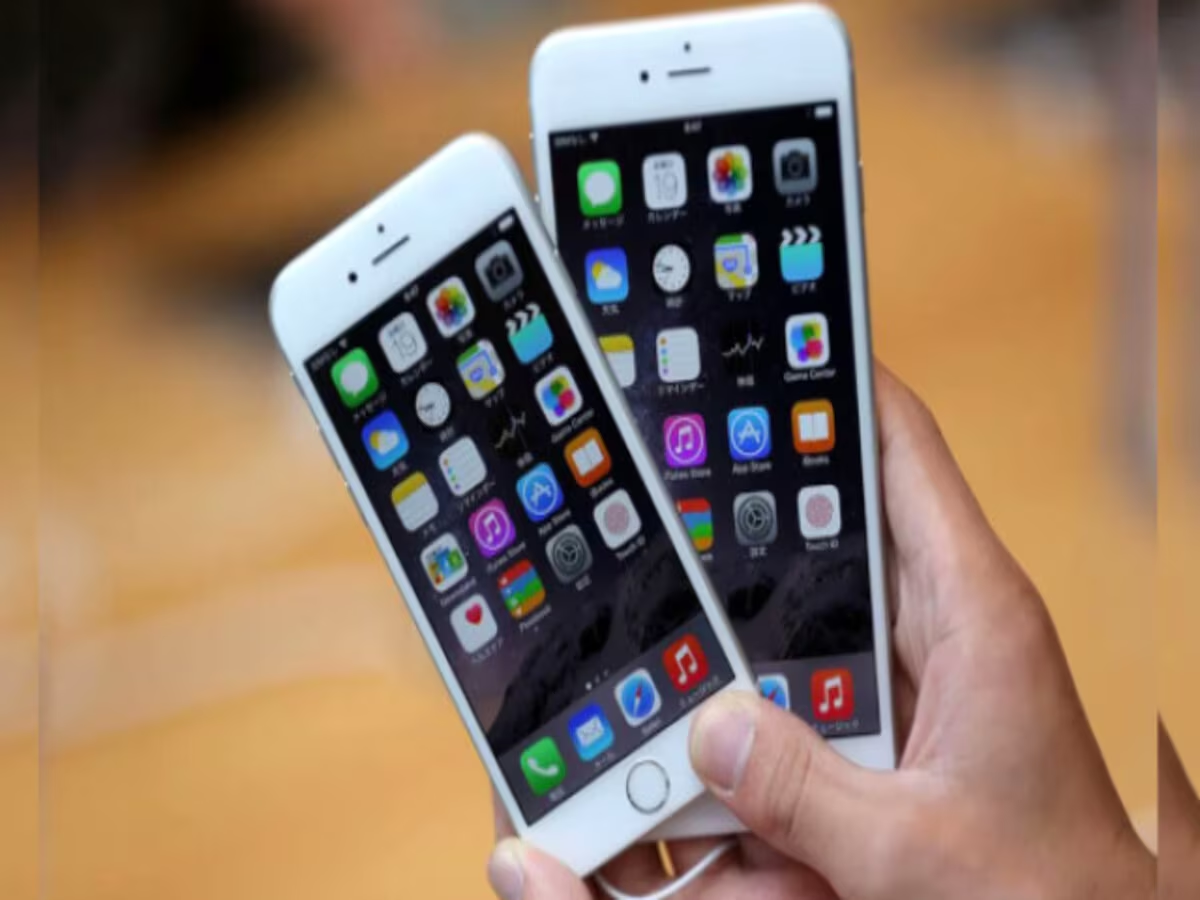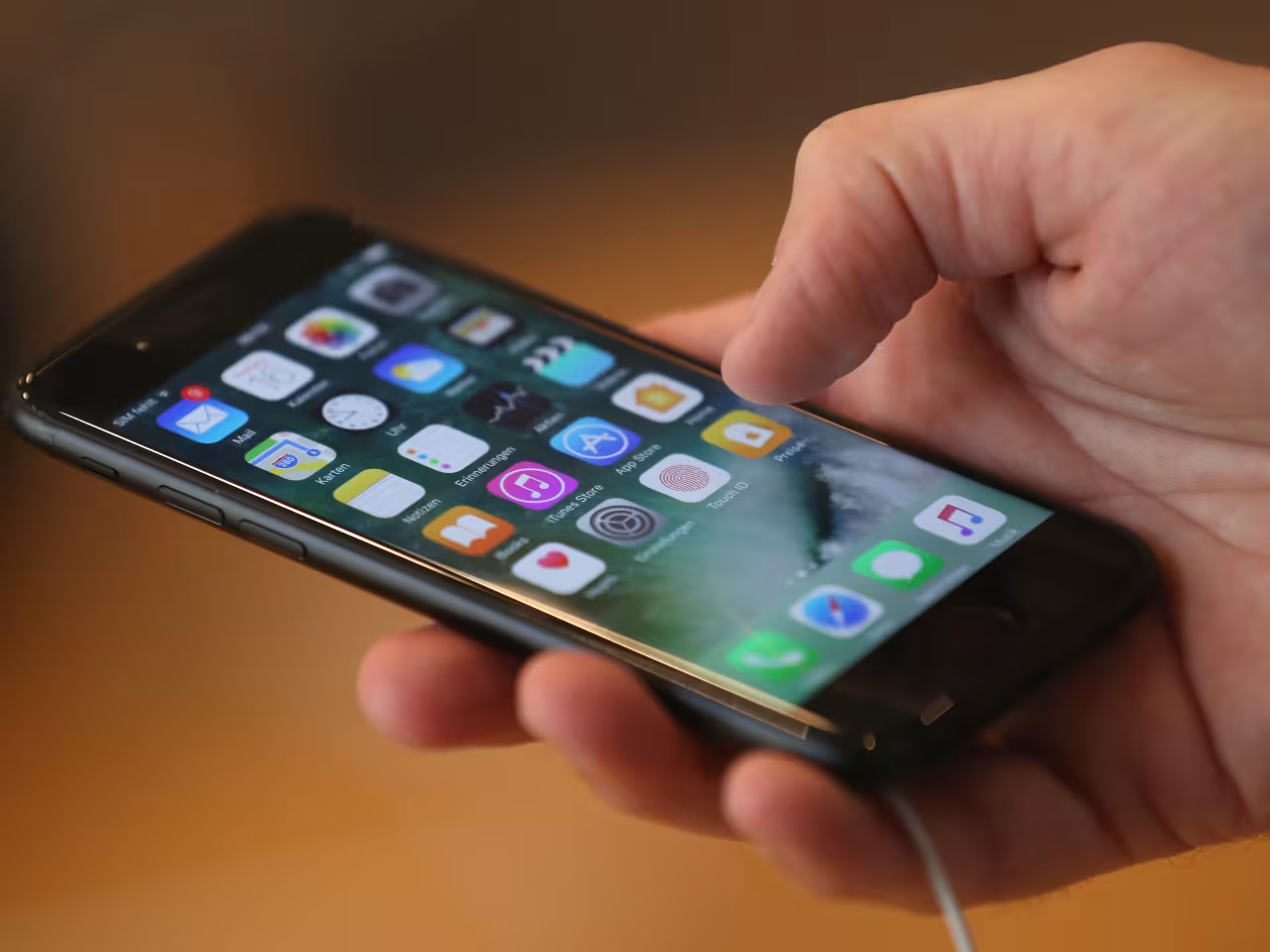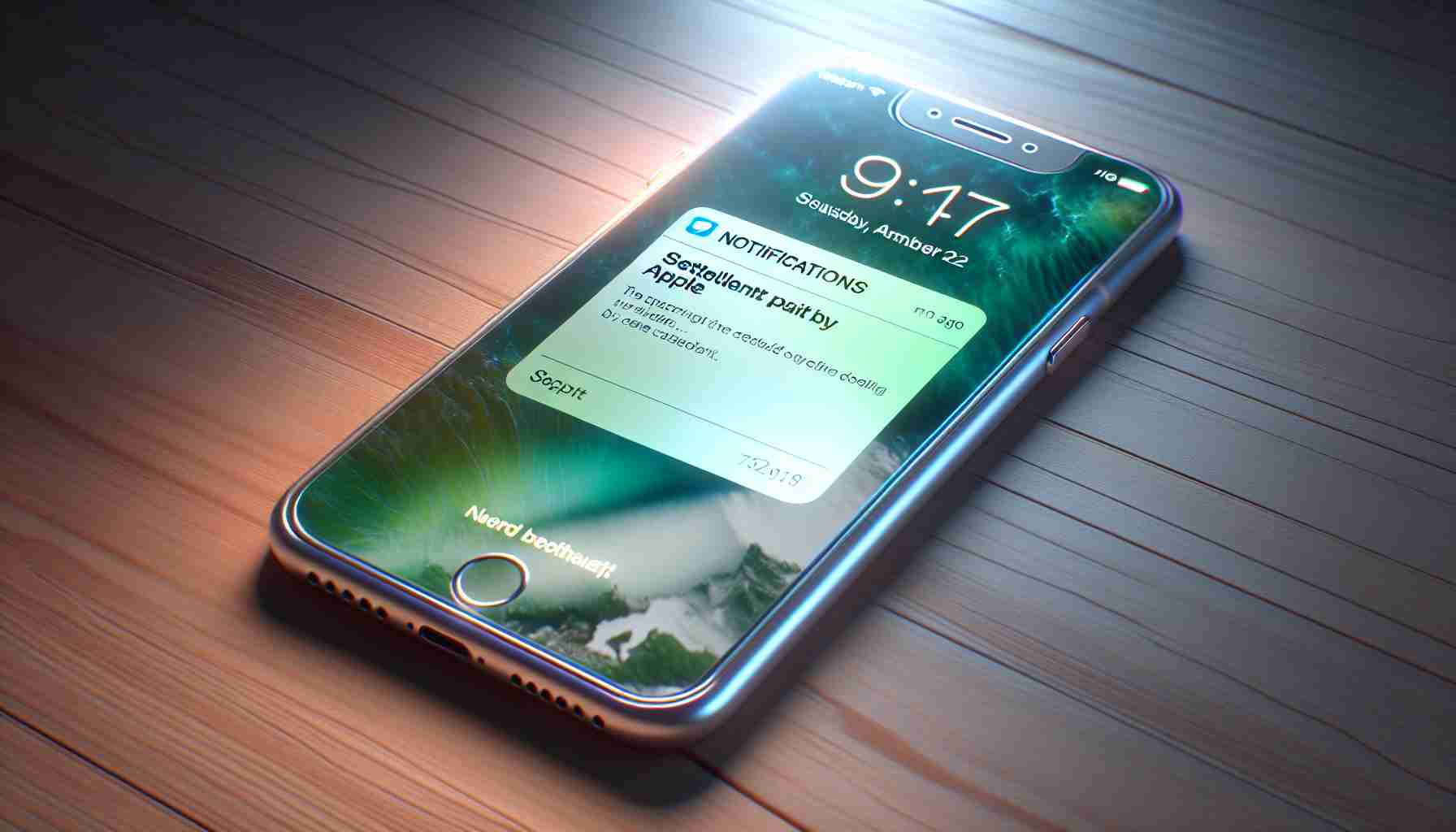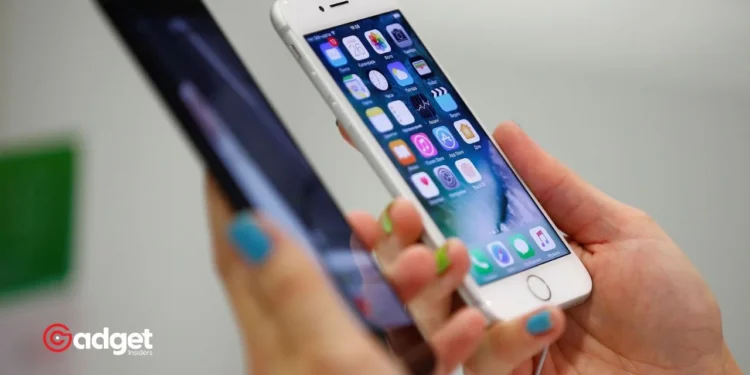In a landmark decision, Apple has consented to a $35 million settlement to resolve a class action lawsuit that highlighted significant audio defects in certain iPhone models. This settlement, which centers on the iPhone 7 and iPhone 7 Plus, does not require Apple to admit any wrongdoing but does ensure a significant payout to affected consumers. If you’ve ever owned one of these models, here’s what you need to know about your potential entitlements.

The Allegations Against Apple
The lawsuit against Apple stemmed from claims of a “failure of the audio integrated circuit” in the iPhone 7 and 7 Plus. The complaint alleges that defective audio chips were responsible for rendering the phone’s audio features unresponsive, thus failing in their essential purpose as smartphones.
The plaintiffs accused Apple of knowingly concealing this defect and routinely denying complimentary repairs. This led to what the lawsuit describes as “unfair, deceptive, and/or fraudulent business practices,” leaving many owners out of pocket.

Understanding Your Eligibility and Compensation
To be eligible for a payout, you must have owned an iPhone 7 or 7 Plus between September 16, 2016, and January 3, 2023. Importantly, affected users must have either reported the issue to Apple or shouldered the cost of repairs themselves during this period. Compensation varies based on the individual’s experience:
- Those who paid for repairs can expect a minimum of $50, but potentially up to $349, depending on their specific circumstances.
- Individuals who reported the issue but did not pay for repairs will be eligible for a $125 payment.
Interestingly, claimants are not required to provide a receipt to claim their compensation; Apple’s repair records will be utilized to verify claims.

Choosing Your Payment Method
Qualified claimants can receive their compensation through various means—either as digital checks, direct payments, or traditional physical checks, depending on their preference.
Act Soon: Important Deadlines Approaching
If you believe you’re eligible, be aware that there are critical deadlines to act. All claims must be submitted by June 3, 2024. This is also the cutoff for objecting to the settlement or opting out, should you wish to pursue separate legal action.
Final Approval and Legal Implications
The final approval hearing is scheduled for July 18, 2024. It’s crucial to understand that failing to exclude yourself from the settlement or to submit a claim means forfeiting any legal rights to sue Apple over the same issue in the future.
What Is a Class Action Settlement?
Class action lawsuits enable groups of people affected by similar issues to seek justice collectively. These cases can address a range of grievances, from pollution and discrimination to false advertising. When companies like Apple decide to settle such lawsuits, they often do so to avoid the higher costs and publicity of prolonged litigation, typically without admitting any fault.
This case is a significant reminder of the power of collective legal action and the importance of consumer vigilance. For many, it represents not just a chance at compensation but a call to businesses to uphold higher standards of product quality and transparency.
For further details on how to file your claim or to understand more about this settlement, visit the official settlement website linked here.










